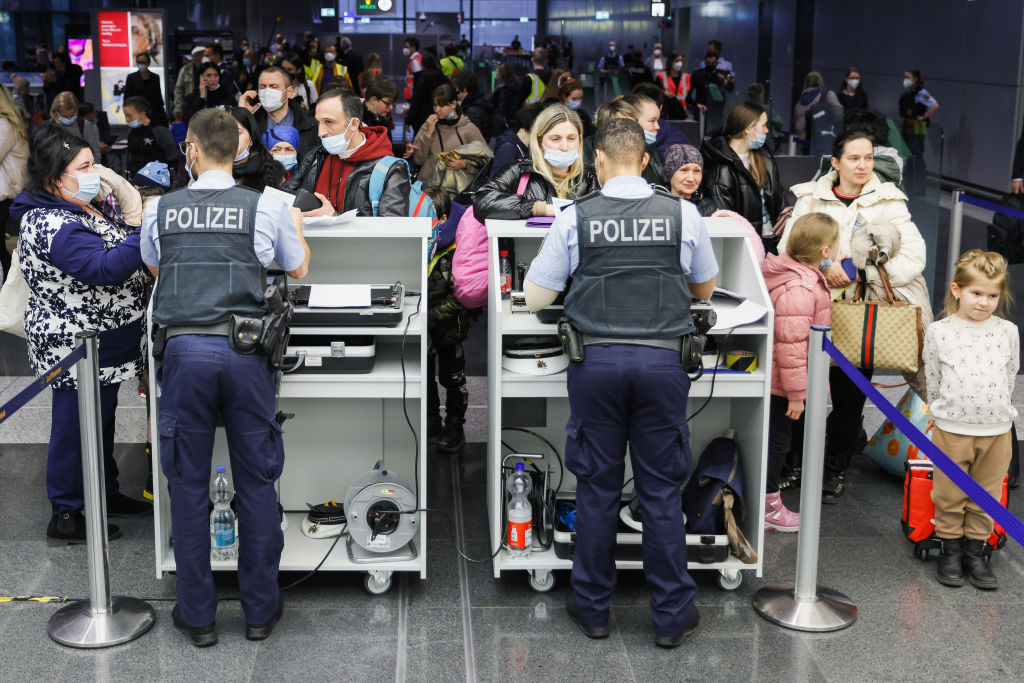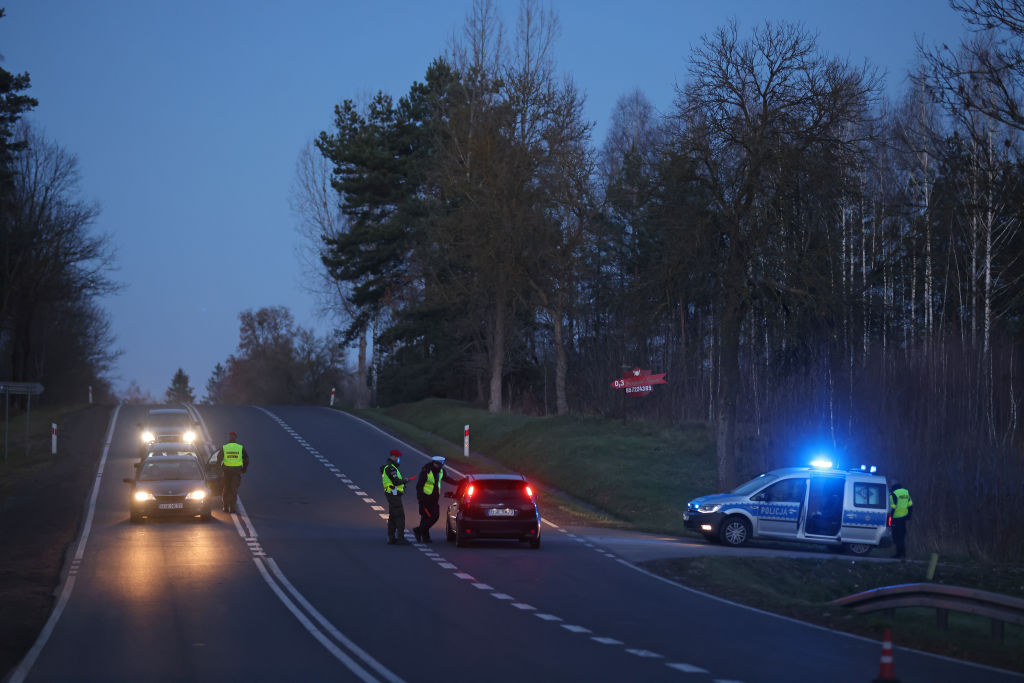Léon Gloden, Luxembourg’s Minister for Home Affairs, has called on German authorities to reduce the impact of recently implemented border controls.
During a meeting with the German Federal Minister of the Interior Nancy Faeser -as well as with the interior ministers of the neighbouring federal states of Rhineland-Palatinate and Saarland, Michael Ebling and Reinhold Jost – Gloden urged Germany to honour its prior commitment and avoid “unnecessary disruptions to cross-border traffic”.
“The German Federal Police should minimise the effect on traffic flow and the daily lives of people in the border region as much as possible,” Gloden stated on September 20, specifically referring to the A64 motorway between Luxembourg and Trier, Germany.
Since September 16, Germany has been conducting border checks with Luxembourg on vehicles entering German territory via the A64 motorway.
According to a spokesperson for the Federal Police in Trier, traffic during peak hours could see delays of 20 to 25 minutes.
The spokesperson added that if queues exceeded 20 minutes, the checkpoint would be opened to allow traffic to flow freely.
“We aim to disrupt the movement of people and goods as little as possible,” he told news Agency DPA.
Gloden expressed his expectation that this agreement would be respected, criticising Germany’s decision to reintroduce border checks.
He reaffirmed Luxembourg’s commitment to the Schengen Agreement, stating: “Upholding the Schengen Agreement is a top priority for the Luxembourg government.
“The Schengen Agreement, with its open internal EU borders, must not be called into question. It is a fundamental achievement of European integration,” said Golden.
“Borders must not reappear in people’s minds,” he added.
Under the Schengen Borders Code (SBC), European Union member states are permitted to temporarily reinstate controls at internal borders in response to serious threats to public order or internal security.
According to German authorities, more than 50,000 German cross-border commuters from the States of Rhineland-Palatinate and Saarland work in Luxembourg.
The German Government has announced a new border control crackdown in the country ahead of its next state-level election later this month. https://t.co/kmBWab9ftQ
— Brussels Signal (@brusselssignal) September 10, 2024





